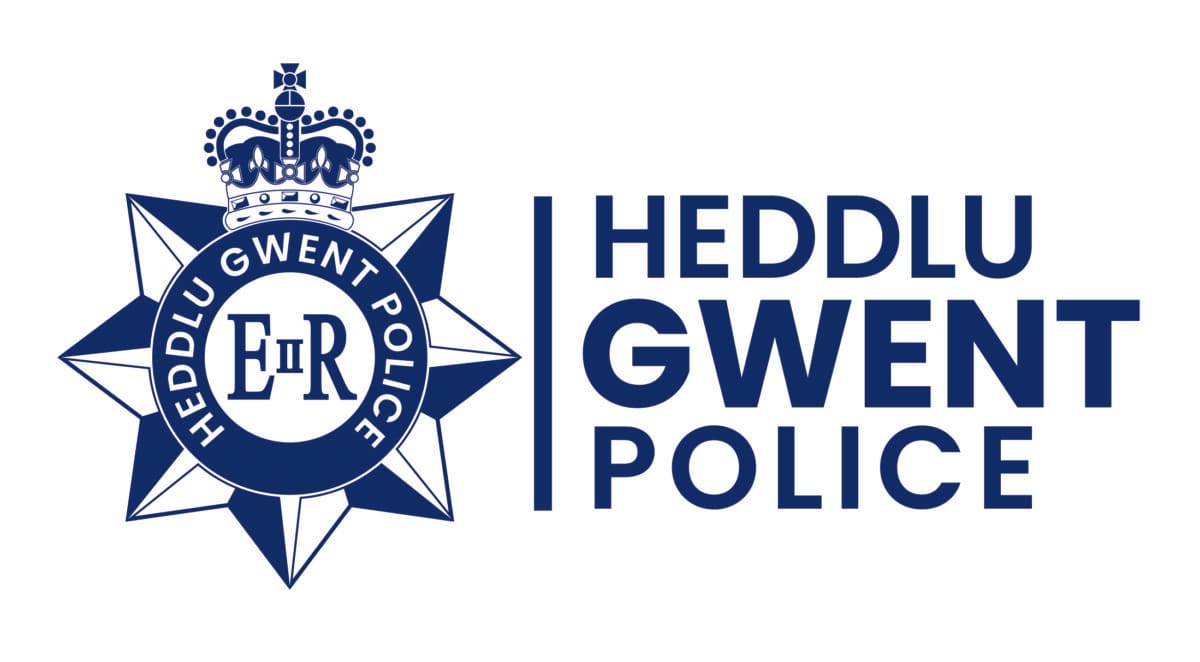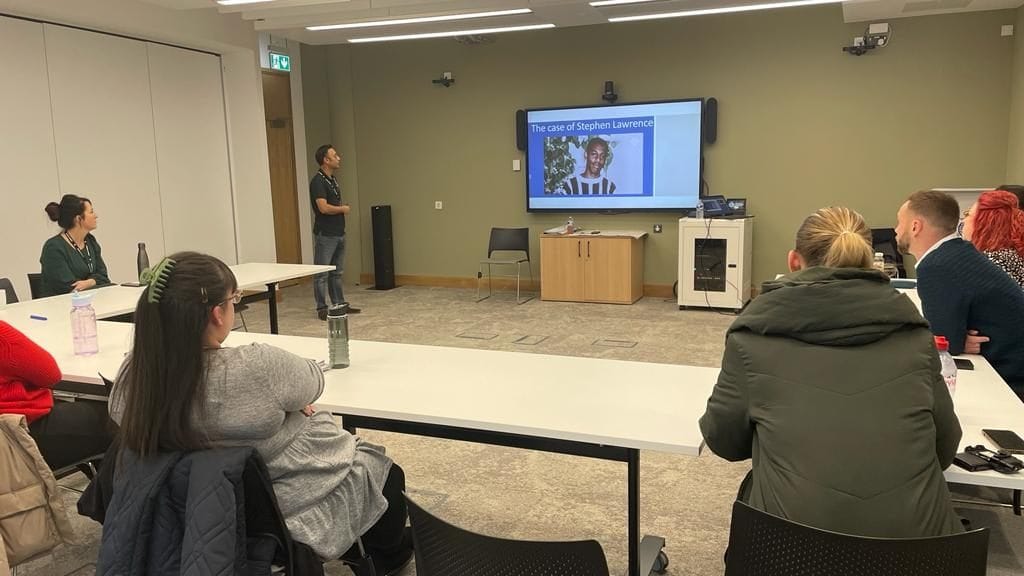Working with Gwent Police and supporting the Police Race Action Plan

We delivered anti-racism sessions to Gwent police staff from September 2022 with approximately 2100 staff members. We had attendees from the control room staff, community support officers, police constables and senior police staff. The sessions were completed in December 2024.
Before we started delivering the sessions, we worked with the communities in Newport and engaged with the people from the “Pill” area, which contains the Newport docks, the Western end of the Newport Transporter Bridge, City Bridge and George Street Bridge. We asked the communities for their thoughts, views and opinions on policing. These statements were then used to help support the delivery of the workshops. We highlighted some of the challenges the communities faced and how the police could go about improving their relations with the Black, Asian and Minority Ethnic community across the region.
These sessions provided an opportunity for us to have a honest and open conversations about racism and how the organisation can improve relations with the Black, Asian and Minority Ethnic community, we also explored the importance of representation and inclusivity within the workplace.

The work we delivered supports the Police Race Action Plan, which has been developed by the College of Policing and the National Police Chiefs Council. This plan has been out for many years now and our organisation’s aims and objectives are in line with that plan. Our work also supports the Criminal Justice Wales Race Action Plan and also the Welsh Government’s Anti Racism Action Plan. This is a quote from the Police Race Action Plan:
"We accept that policing still contains racism, discrimination and bias. We are ashamed of those truths, we apologise for them and we are determined to change them. We have much to do to secure the confidence of Black people, including our own staff, and improve their experience of policing – and we will. We will be held to account and we welcome scrutiny. We hope that in the future, we will be seen as the institutionally anti-racist organisation we want to be, because we took action and delivered on our promise to change."
Going over some of the feedback we received, it’s clear that most people found the workshops to be helpful. An excerpt from one person’s feedback was:
“It was uncomfortable to learn that some simple well-intentioned comments or questions in my past were more than likely to have caused hurt and offence and did nothing but add a brick to the wall of separation. I have made mistakes and I have no doubt I will do so again, but thanks to the training I will keep trying to build bridges, not boundaries”.

Our slogan, which is the first thing on our website and one of the first things we mention at the start of every workshop is “Making the uncomfortable, comfortable”. You have to sit in your discomfort a little and examine your own behaviour to see how you might be contributing to a larger problem.
Furthermore, from the feedback we found that 9% of the people who left feedback thought no, these sessions would not help improve engagement between the police and Bame communities. Out of 387 responses, that's approximately 35 people, not a lot in this respect. However, Gwent police employs about 2600 members of staff, this is excluding volunteers and cadets. Which means that, hypothetically, out of 2600 people, 234 members of staff probably have a similar sentiment towards anti-racism training. NPCC estimates there are 148,886 police officers in England and Wales. Hypothetically, going by the feedback numbers of Gwent then that would mean that ~ 13,400 police officers across England and Wales feel training like this is not useful.
We would like to thank Gwent police for the opportunity to deliver this work and look forward to supporting them moving forward.

